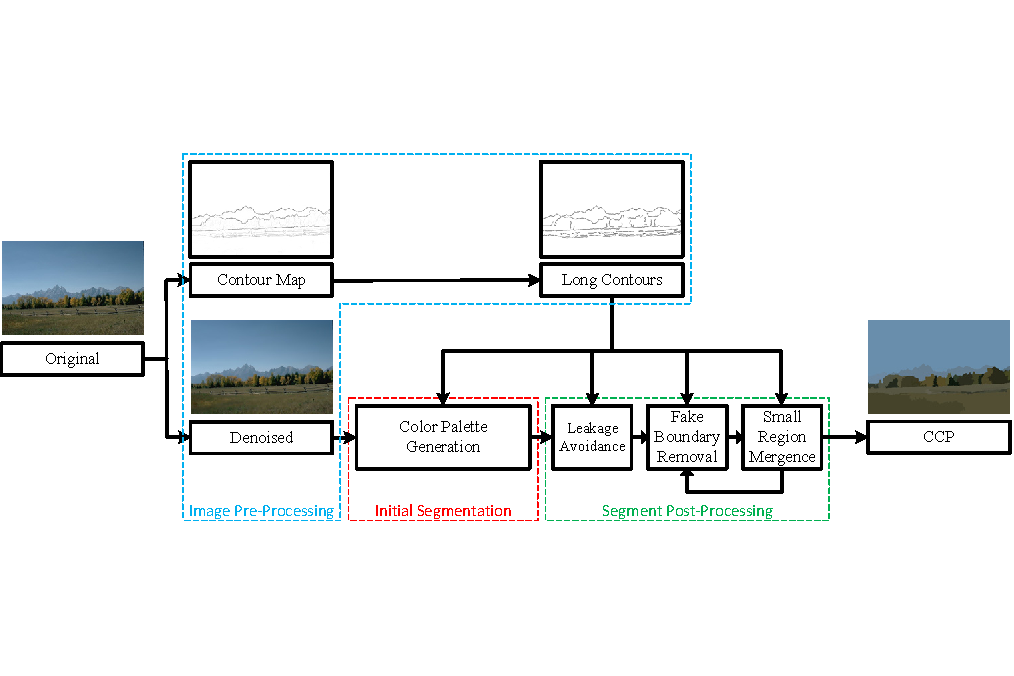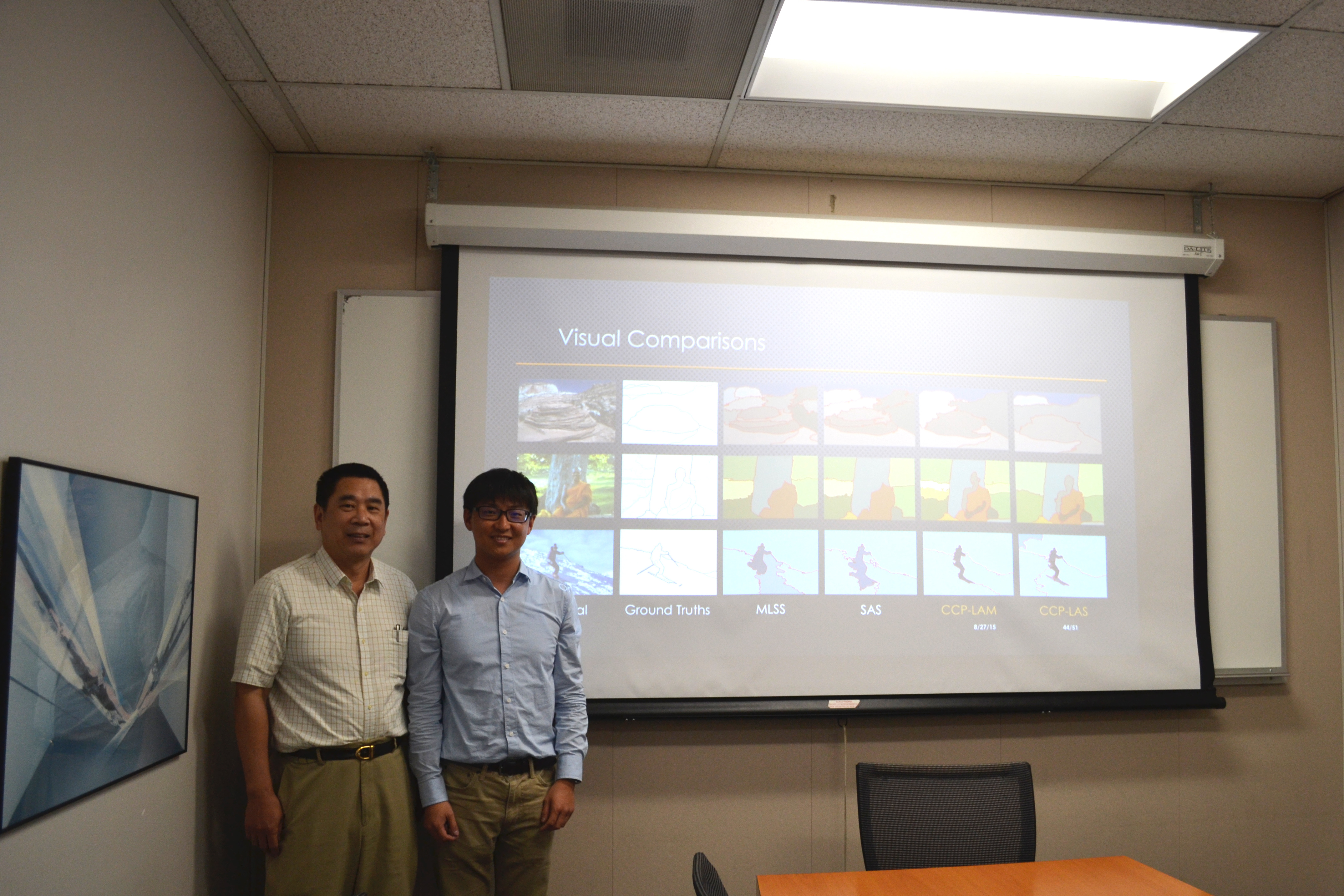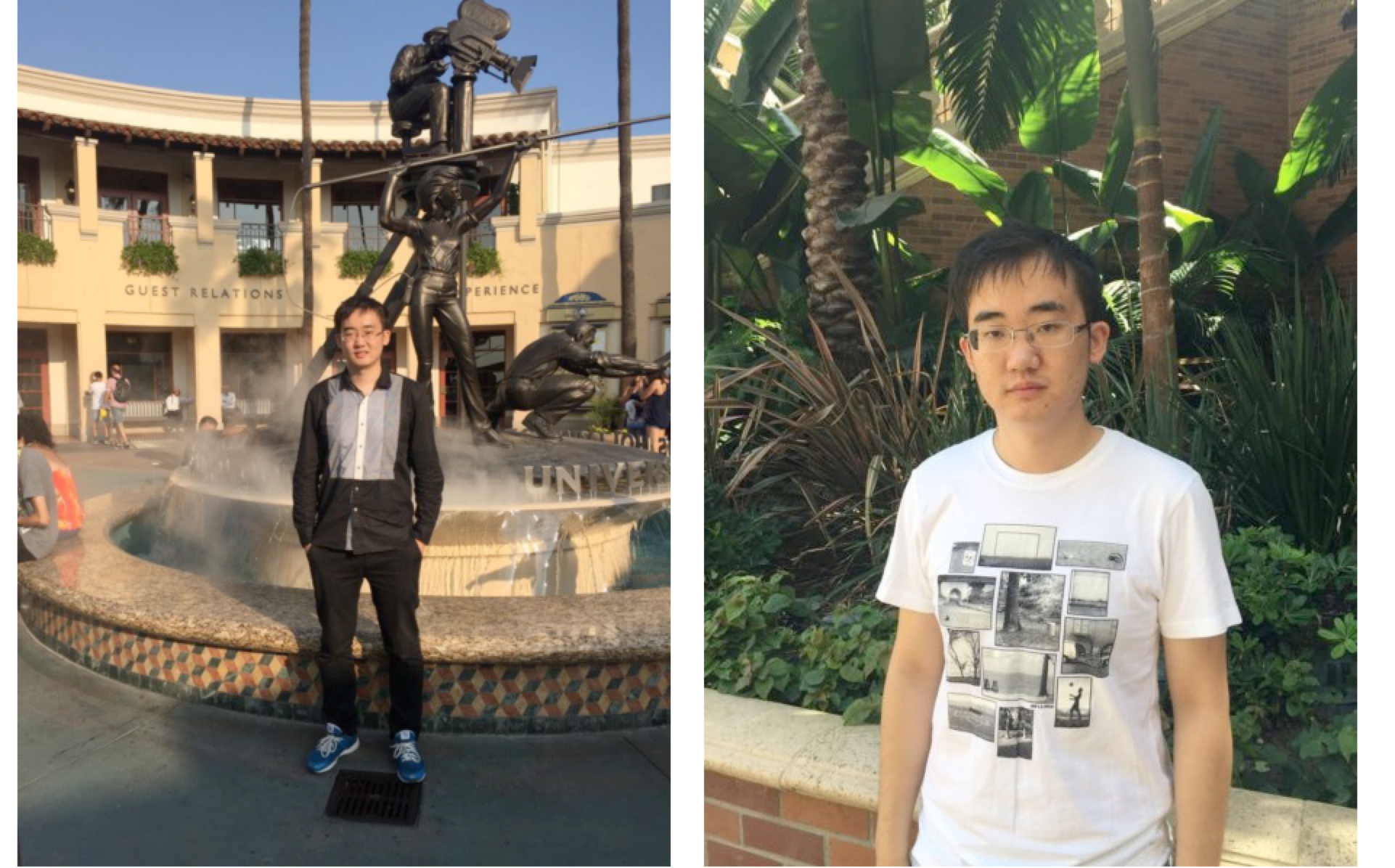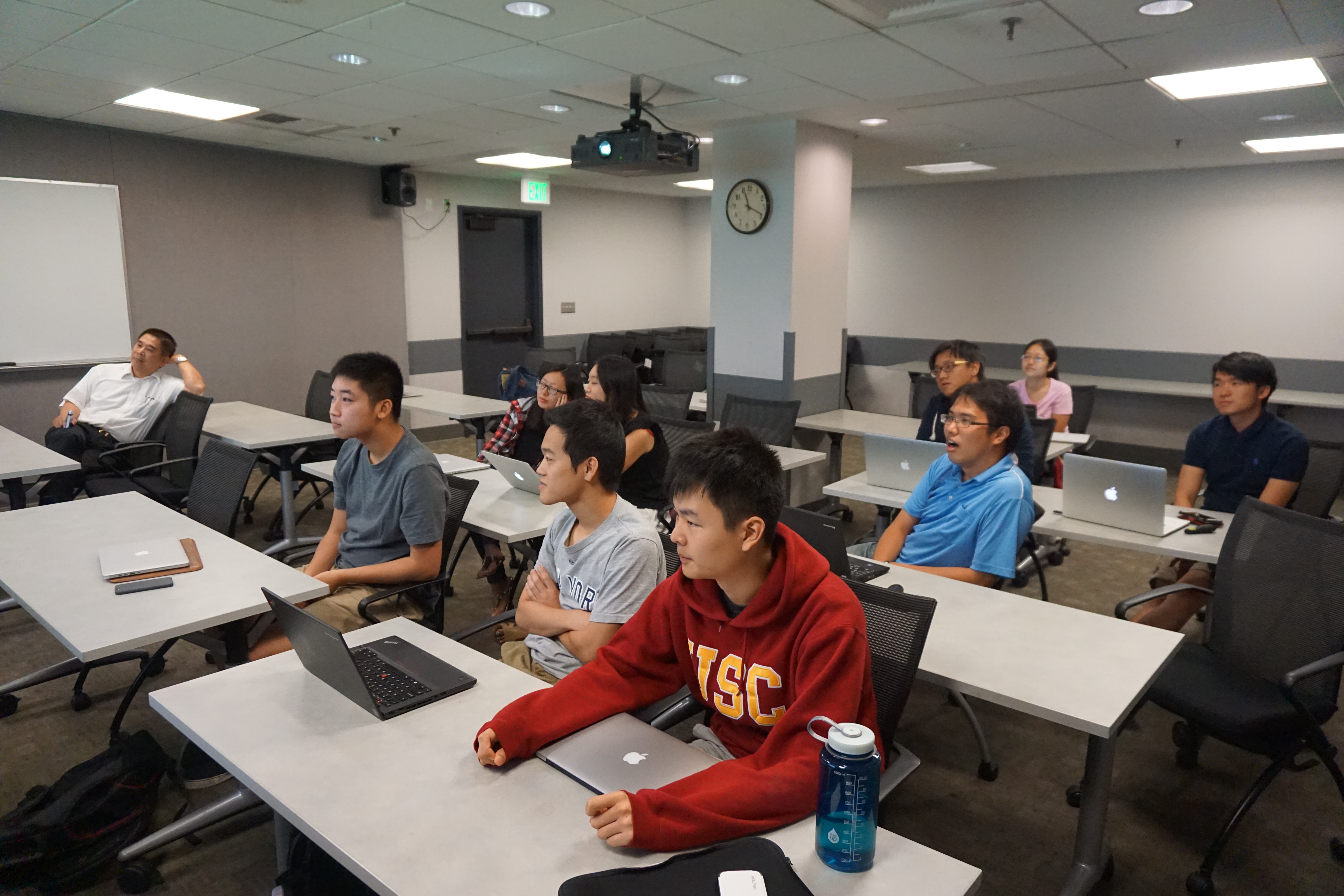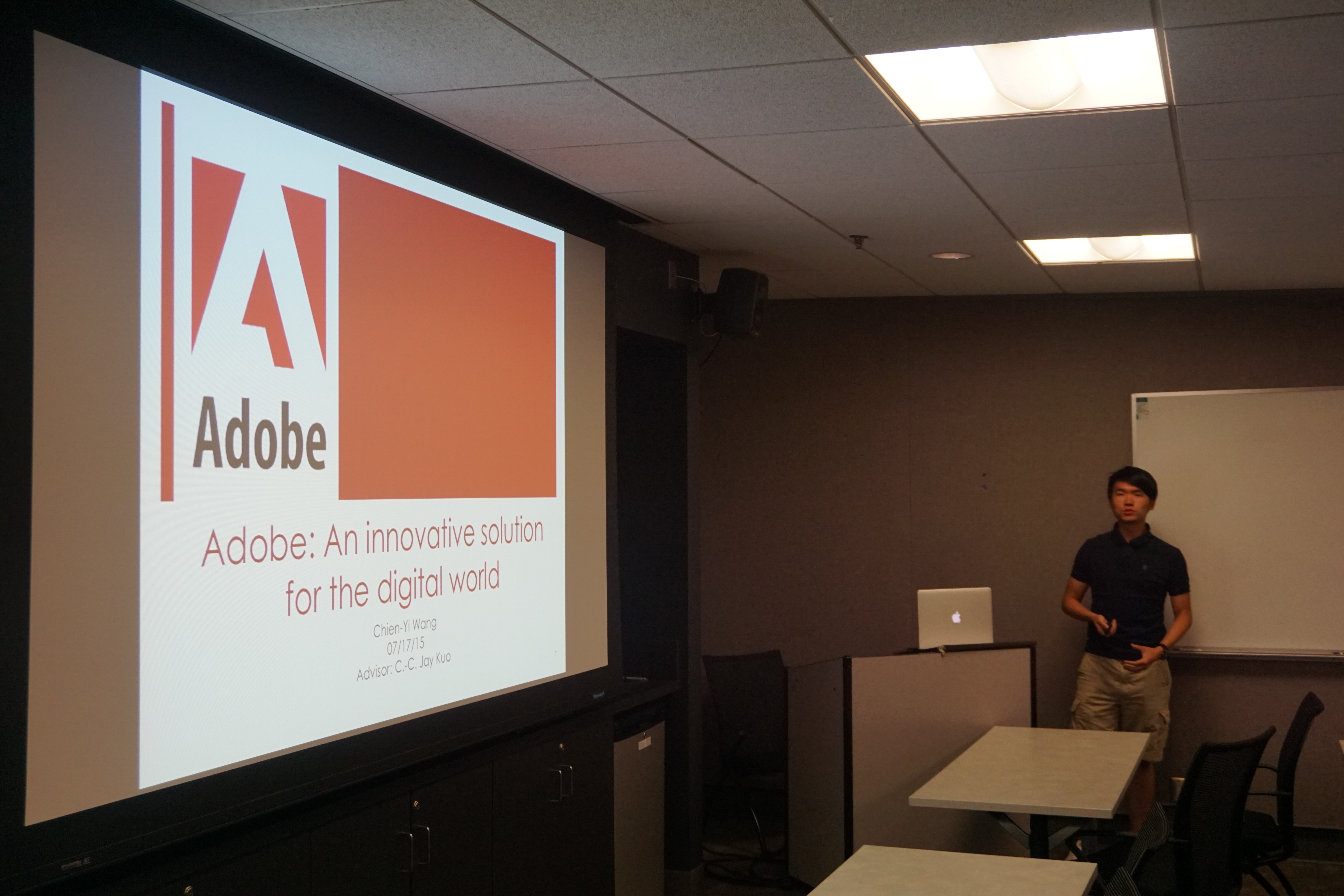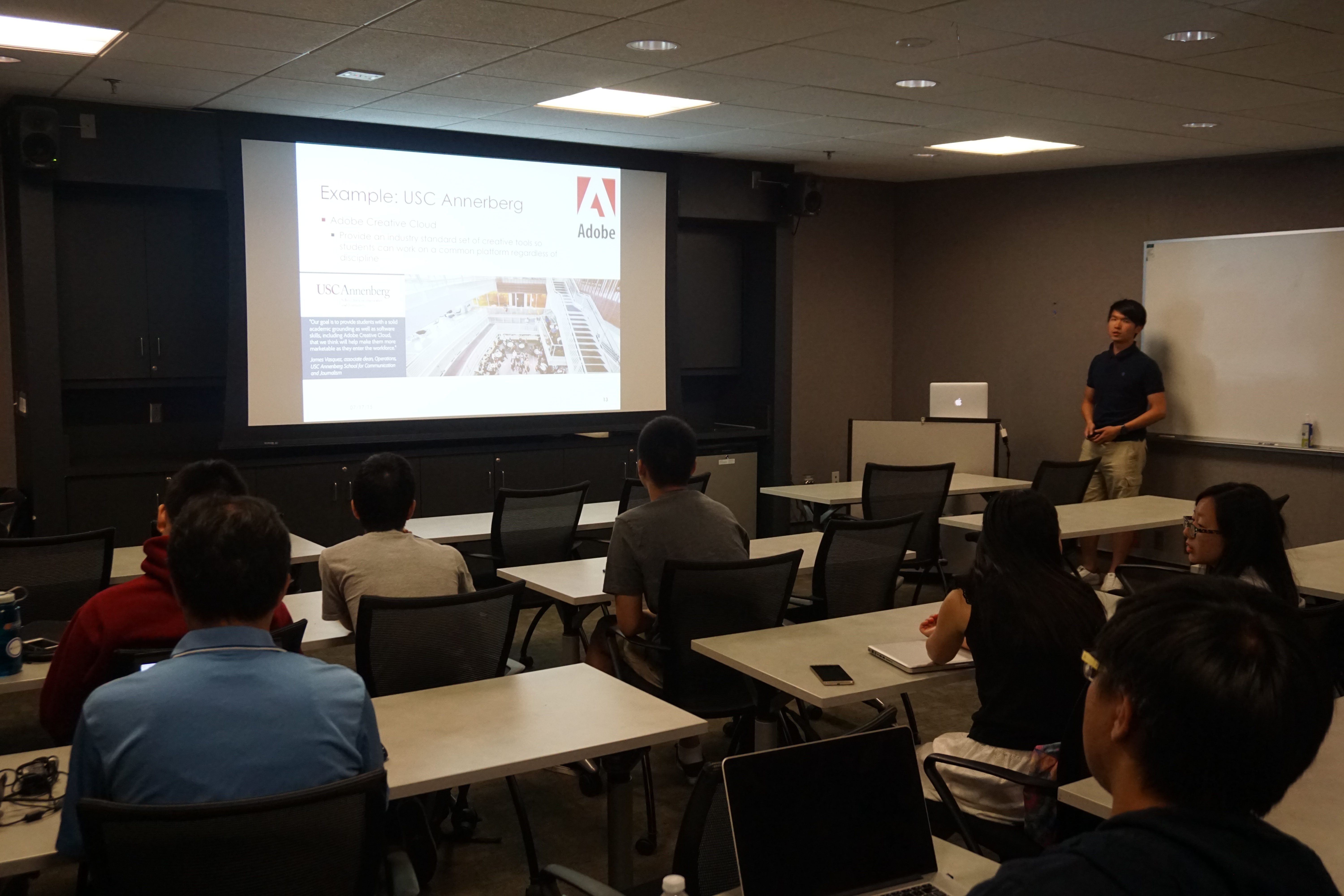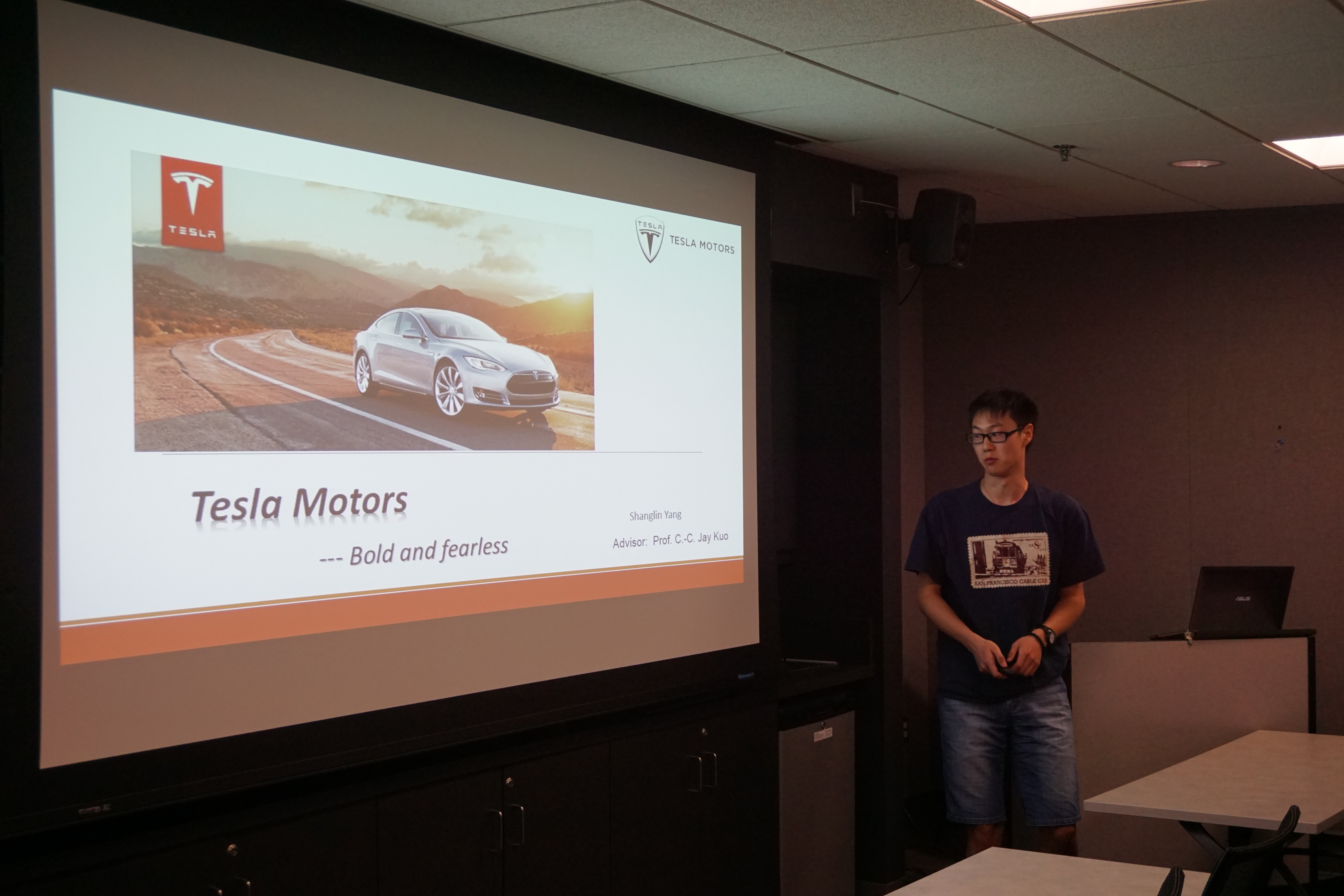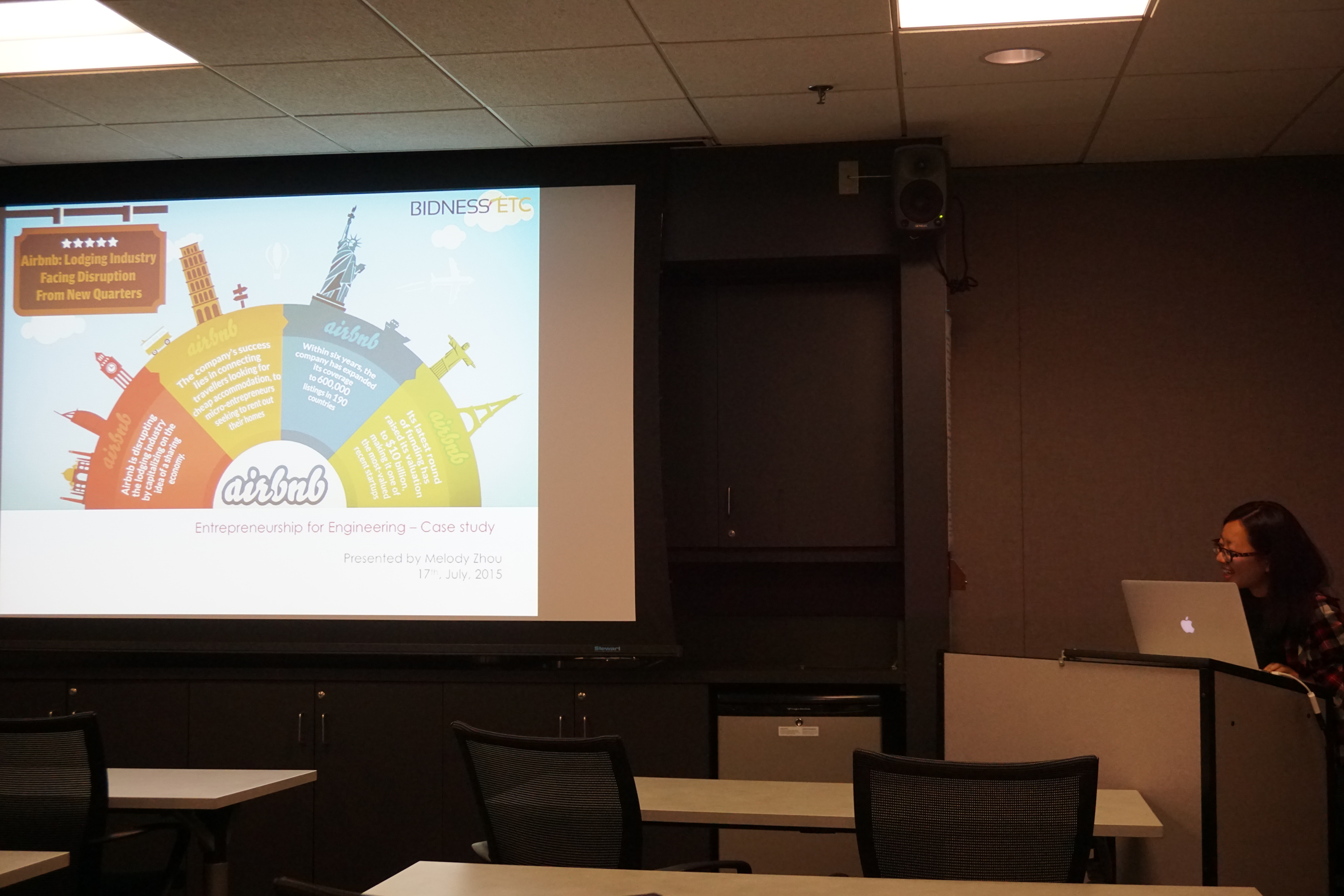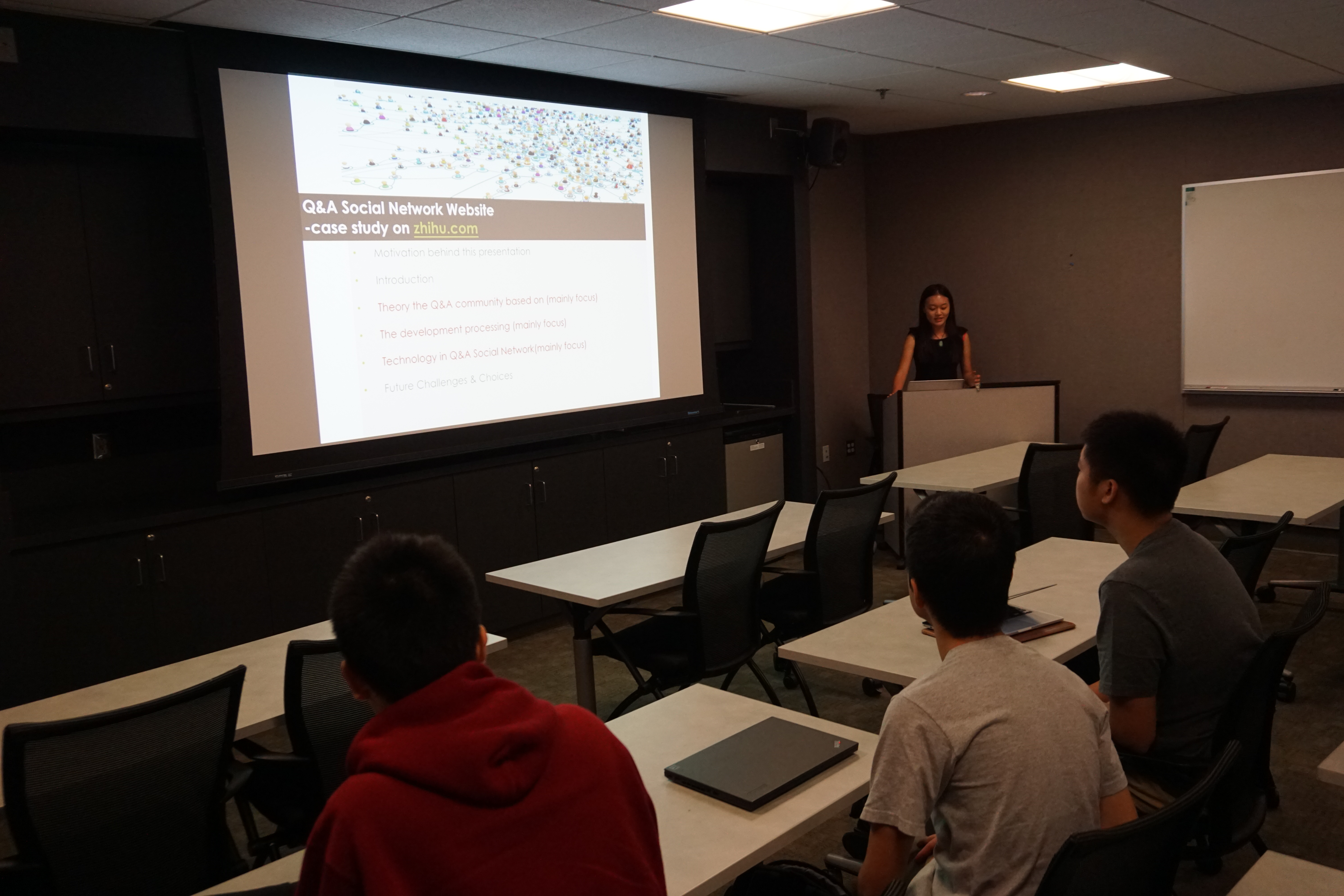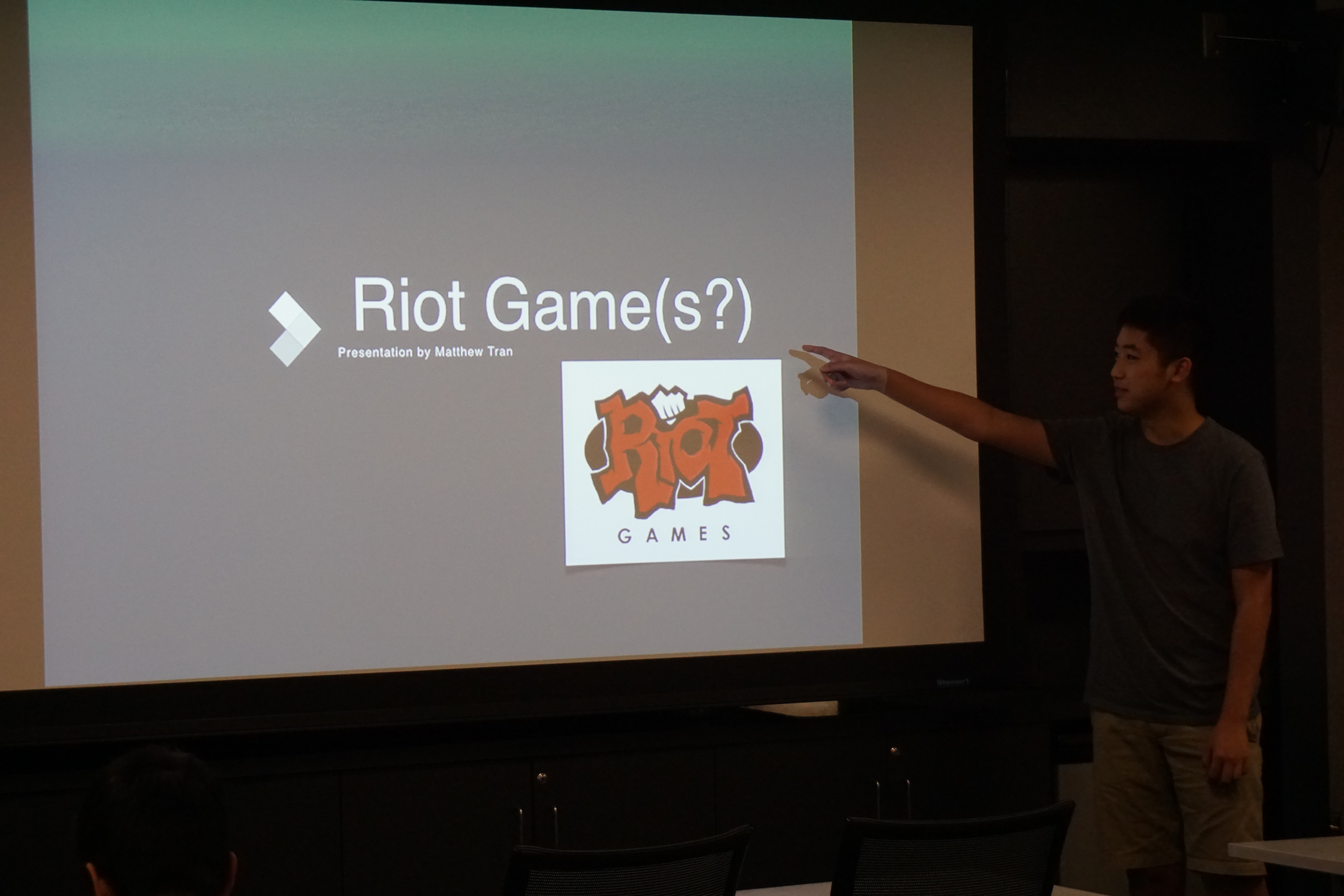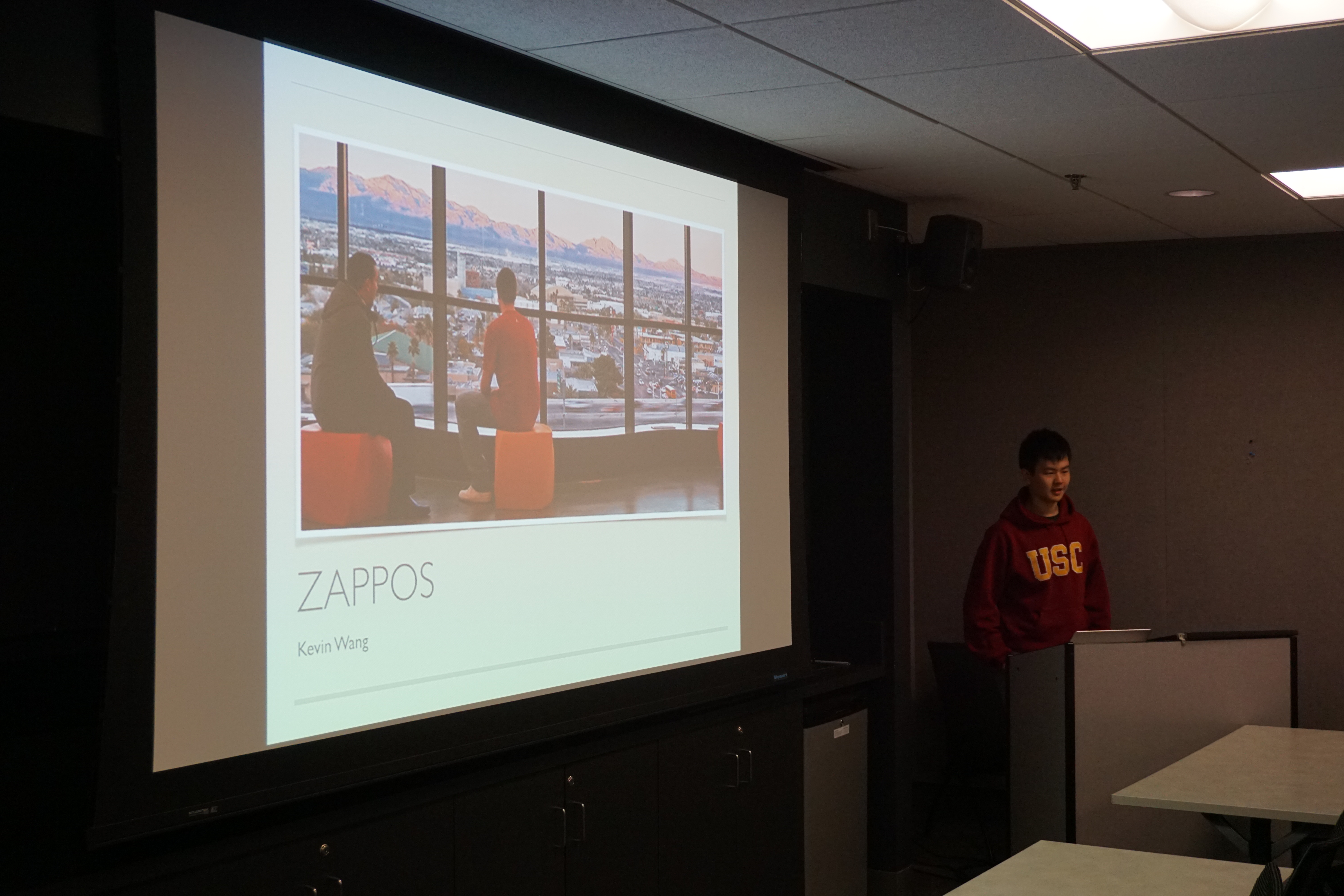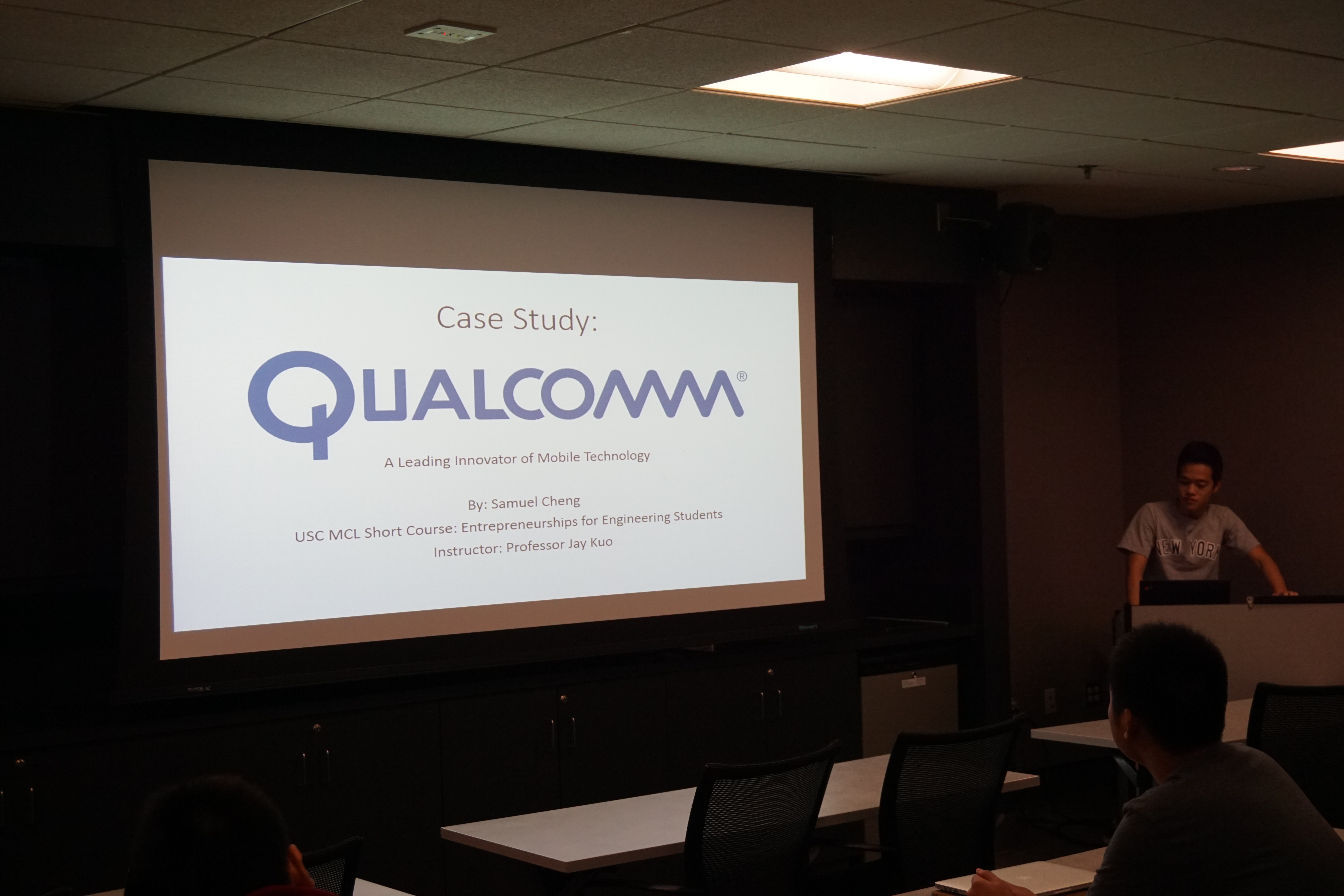MCL Segmentation Research Work to be Presented at ICCV 2015
The segmentation research in our lab made a significant breakthrough these days. The paper “Robust Image Segmentation Using Contour-guided Color Palettes” by Xiang Fu, Chien-Yi Wang, Chen Chen, Changhu Wang and C.-C. Jay Kuo was accepted by ICCV 2015. In this paper, the contour-guided color palette (CCP) is proposed to efficiently integrate contour and color cues of an image. To find representative colors of an image, color samples along long contours between regions, similar in spirit to machine learning methodology that focus on samples near decision boundaries, are collected to achieve an image-dependent color palette. This color palette provides a preliminary segmentation in the spatial domain, which is further fine-tuned by post-processing techniques such as leakage avoidance, fake boundary removal, and small region mergence. While CCP offers an acceptable standalone segmentation result, it can be further integrated into the framework of layered spectral segmentation to produce a more robust segmentation.
For more details, please refer to our paper that will be published soon. The latest code of this paper can be downloaded here. It is written in MATLAB, and has been tested under 64-bit Windows, Linux, and Mac OSX.

